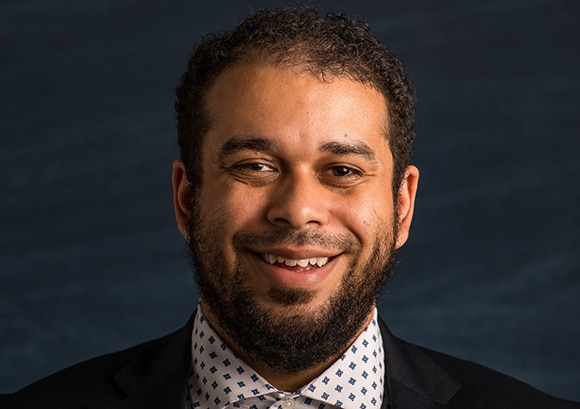Lawmakers in Washington state can support the long-term well-being of youth and their families who are impacted by the juvenile court system by passing Substitute Senate Bill (SSB) 5474. The juvenile court system still imposes restitution and other mandatory legal financial obligations (LFOs), such as the Victim Penalty Assessment (VPA) and DNA collection fee, as a part of sentencing in youth cases. These LFOs lead to thousands of dollars of debt that young people cannot pay, and they do not meaningfully compensate harmed parties. SSB 5474 decreases barriers to successful community participation for youth involved in the juvenile justice system.
It is a transformative bill that eliminates LFOs on juvenile cases, removes all the debt currently owed, seals records, and establishes a Community Compensation Program, Task Force, and Account. It rightly moves Washington closer to abolishing our state’s unjust system of fines and fees.
The bill passed through the Senate Human Services Committee with strong support from its sponsor, Senator Noel Frame, and the Debt Free Youth Justice Coalition. We recently submitted testimony to the Senate Ways and Means committee in strong support of this legislation, the full text of which is included below:
To Chair Rolfes and members of the Committee,
For the record, I am Evan Walker and I am a senior policy analyst at the Washington State Budget and Policy Center, a research organization working to build a just and prosperous future for all Washingtonians. I am submitting this written testimony in support of Substitute Senate Bill (SSB) 5474, which concerns juvenile justice.
The Budget and Policy Center strongly supports SSB 5474 because it is a crucial policy that advances racial, economic, and legal justice in Washington. SSB 5474 grants economic relief to youth and their families by removing the burden of paying legal financial obligations (LFOs) and eliminating LFO debt held in all cases. This bill reliably sets up a Community Compensation Program, Task Force, and Account, through state budget appropriation, to ensure that harmed parties receive their due compensation. Additionally, SSB 5474 rightly helps to seal records and assist youth in successfully moving beyond their conviction.
Lawmakers in Washington state can significantly increase economic, legal, and racial justice to youth and their families who are impacted by the juvenile court system. Share on XEven after multiple juvenile LFO reform bills in recent years, Washington continues to impose and collect on juvenile LFOs, including restitution, from youth and their families. New research shows that the statewide cost of collecting juvenile court LFOs is estimated to be $552,000 per year. In fact, for many years now, Washington state has typically spent nearly as much money as it has collected in juvenile LFOs – and in 2020 it actually spent more resources than it collected. Imposing juvenile LFOs is an ineffective use of state resources – especially when those dollars could be spent compensating harmed parties and investing in improving services and conditions for youth and their families.
In creating and funding the Community Compensation Program, Task Force, and Account, Washington is also ensuring that youth can move beyond their offense. Between fiscal years 2017 and 2020, more than $14 million of restitution was ordered and only $1.8 million was disbursed to harmed parties. That’s only 12% of the restitution actually going to people. These data show that the juvenile LFO structure is not fulfilling its intent, as youth and their families are not able to pay restitution. SSB 5474 creates a reliable structure and process to compensate victims without putting youth and families into juvenile LFO debt.
There are far-reaching costs and harms that extend beyond the $150 million of juvenile LFO debt that is currently outstanding. Ordering young people to pay LFOs has outsized costs that affect not just a young person and their family, but to all communities across Washington. When a young person is saddled with significant LFO debt, they are more likely to experience the violence of poverty. It does not allow for a young person to successfully move past their convicted offense(s), and it can increase the likelihood of recidivism, job and housing insecurity, family stress, poor health outcomes, and economic hardship.
The state’s juvenile LFO structure inhibits young people from being able to take care of themselves, their families, and communities as they get a start at adulthood. SSB 5474 starts to address the harm that juvenile LFO debt causes to youth and their communities while ensuring that young people and harmed parties get more effective support and compensation. Further, the bill aims to recognize that collective community support is needed and is more effective in caring for our youth.
I ask that you pass SSB 5474 and advance racial, economic, and legal justice to the many young people in Washington affected by the state’s unjust system of juvenile LFOs.
Thank you for your time and thoughtful consideration.
The bill is scheduled for a vote in an executive session hearing on February 24 in the Senate Ways and Means Committee. It must pass by the end of the day to continue through the legislative process. Help us advocate for a more just juvenile court system by sending a message to your lawmakers today.
